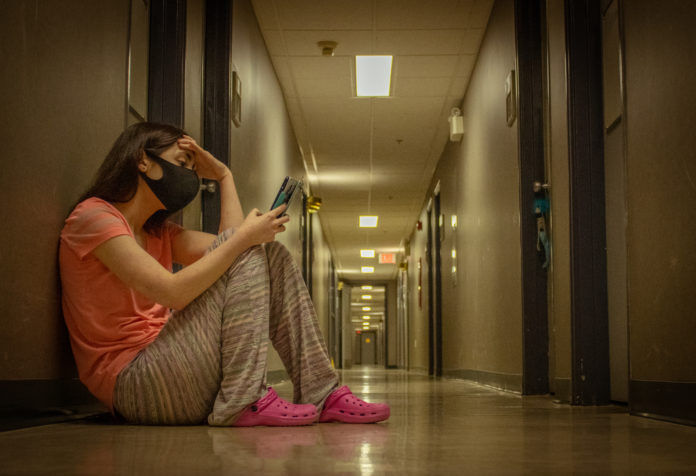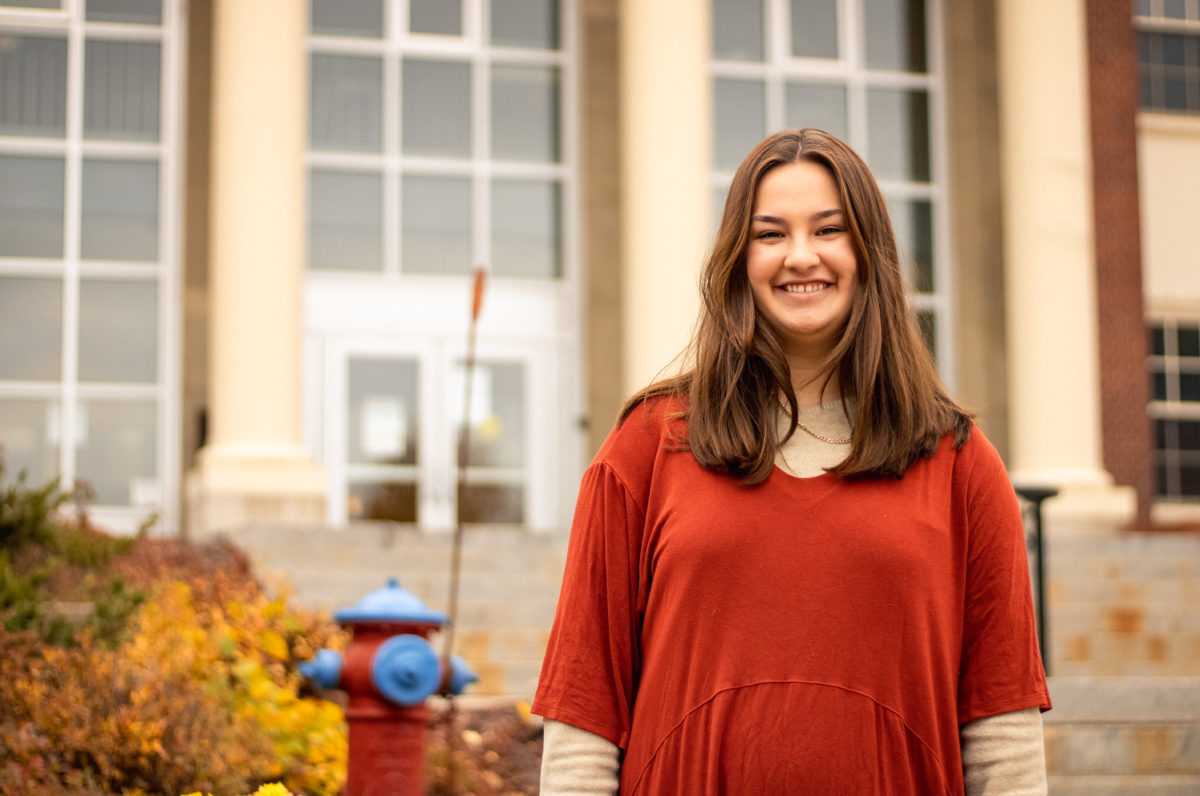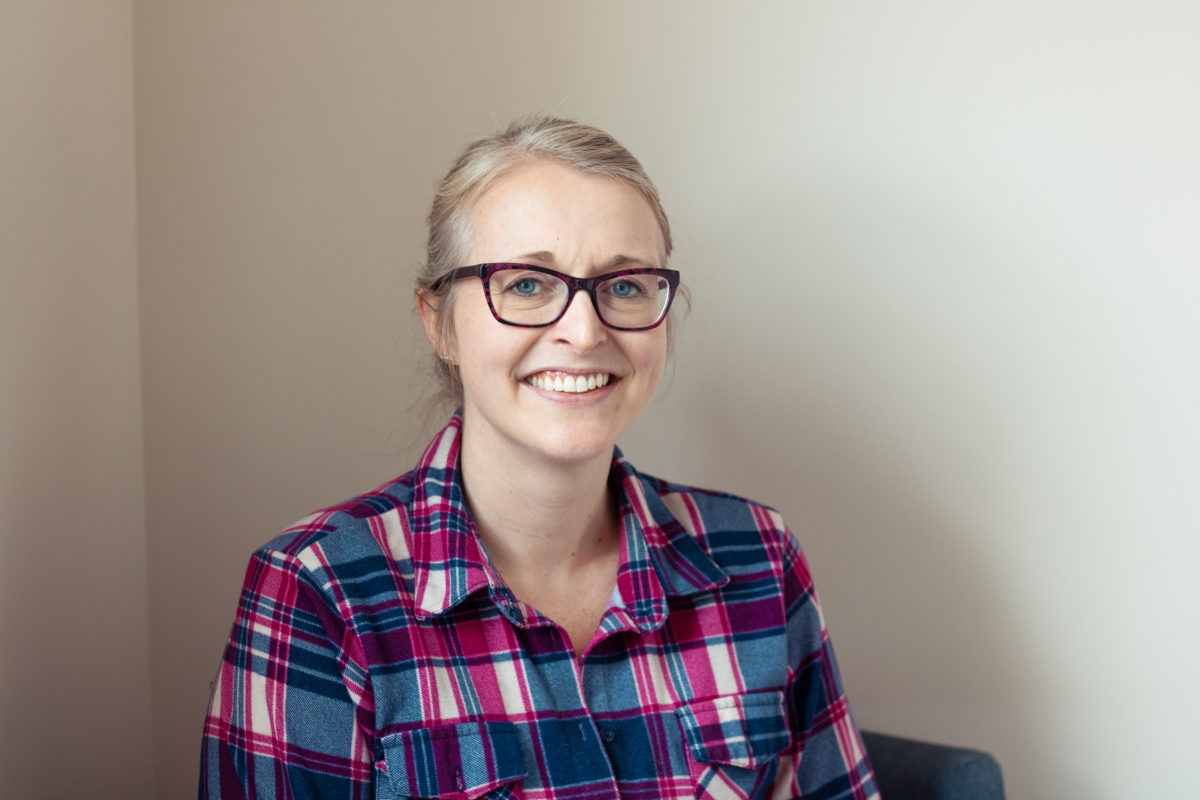

Jonathan DesRoches, a first-year St. Thomas University student, said he thinks the pandemic’s second wave has begun following COVID-19 outbreaks in Campbellton and Moncton.
“It’s only starting,” said DesRoches.
DesRoches, who is learning from home in Hampton, New Brunswick, isn’t too concerned about the rise in cases yet, but said he would think differently if there were cases near Hampton.
“The cases have only been in the Campbellton and Moncton regions. I’m safe,” he said.
“It makes you think, if it were to happen here, what would you do?”
On Oct. 7, the province gained 17 new cases and steadily gained double-digit case numbers after that. As of Oct. 25, New Brunswick had 328 total confirmed cases.
Brooke Andre is a first-year student from Maine, living in Fredericton. She doesn’t think the spike in cases means the second wave has arrived.
“I believe there is the potential of a second wave, especially with more holidays coming up,” she said.
Andre said she struggled with her mental health due to the outbreaks and doesn’t know what she’ll do once she travels home for American Thanksgiving.
“Do I want to stay home and not come back to Fredericton in case New Brunswick goes under lockdown?” Andre said. “It’s been stressful … nobody’s really in control of [COVID-19], and that’s the hardest part.”

Matthew MacLean, University of New Brunswick’s mental health strategist, said DesRoches and Andre’s reactions to the outbreaks reflect what he’s seen amongst UNB students.
“Are some people [stressed]? Yes, absolutely. Some people have family [in those regions], some people are from there, so it’s going to have an extra impact,” he said.
Kelly Humber Kelly, STU mental health coordinator, said the pandemic has created mental health challenges for many students.
“Some students are feeling more stressed for a variety of reasons: concerns about their health and the health of loved ones, financial concerns due to job loss, the shift to online learning, just to name a few,” said Humber Kelly via email.
Humber Kelly said the pandemic altered students’ social lives, with the lack of in-person classes, social interactions and gatherings leading to loneliness and mood changes.
She said screen fatigue is an issue for students along with motivation, time management and finding time for self-care.


Humber Kelly said she hopes the silver lining of the pandemic is the resilience and coping skills students will gain and be able to use for this year and years to come.
Should the province return to lockdown, MacLean said the further lack of social connections would be difficult for students.
“Social contact is a fundamental part of our health and well-being,” he said.
“We all need to feel that connection with friends, family and community.”
Students can visit stu.ca/mentalhealth for STU’s mental health resources.
